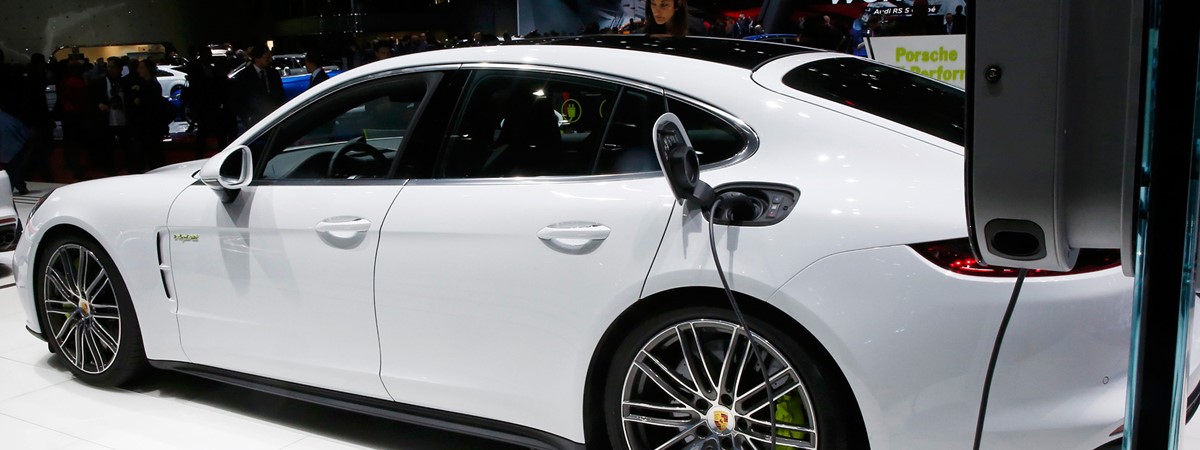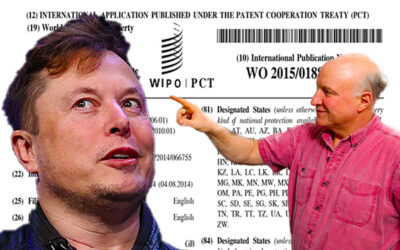[ad_1]
The German government has said it wants a million electric vehicle charging points across the country by 2030, an approximately 50-fold increase from the 20,000 points already available.
Germany is attempting to ‘greenify’ its economy – no small feat, given its traditional reliance on manufacturing and coal power – and in September its governing parties agreed upon a €54bn (£48bn) package to support climate change measures.
In a video message ahead of meetings with the car industry, Chancellor Angela Merkel said: “We want to create a million charging points by the year 2030 and the industry will have to participate in this effort, that is what we will be talking about.”
Stephan Weil, the prime minister in Lower Saxony, where Volkswagen is based, said he wanted to see commitments for 100,000 public charging points in place by 2021.
Weil is a supervisory board member at Volkswagen, which is committed to transitioning to battery-powered cars but needs to see more charging infrastructure in order to market them successfully.
After being caught using emissions test-cheating software in its diesel engines, in 2016 the firm declared that it was committing to swiveling its business model towards electric vehicles and away from fossil fuel-powered engines.
The meeting in the Chancellery is the second on the issue that entails speedy action so that Germany’s transport sector can help meet national emissions targets. Would-be buyers have cited a lack of charging infrastructure as a reason to shun electric cars.
Apart from electric alternatives to gasoline and diesel-driven cars, the government will also explore those run on hydrogen fuel cells, with the government and the industry sharing the cost of subsidies to attract buyers for both.
Merkel said the government aimed to preserve jobs making cars and parts. It is becoming clear that fewer employees are needed to construct electric cars than conventional ones.
Over the weekend, the UK Transport Secretary also called for local authorities to do more to support Britain’s charging infrastructure.
London is currently leading the way with almost 4,000 public electric vehicle charging devices installed in the region, but there are still over 100 local authorities with fewer than 10 public charging devices per 100,000 population.
Recent figures show there are 5,000 charging devices across the country, equating to 22,500 places to charge.
Transport secretary Grant Shapps said: “Your postcode should play no part in how easy it is to use an electric car and I’m determined electric vehicles become the new normal for drivers.
“It’s good news there are now more charging locations than petrol stations, but the clear gaps in provision are disappointing. I urge local councils to take advantage of all the government support on offer to help ensure drivers in their area don’t miss out.”
Last week, researchers demonstrated an electric vehicle battery that can give drivers a useable range of 200-300 miles from just a 10-minute charge.
Sign up to the E&T News e-mail to get great stories like this delivered to your inbox every day.
[ad_2]
Source link
2019-11-04 11:54:08
Jack Loughran
[author_name]:author name
https://eandt.theiet.org/content/articles/2019/11/germany-wants-50-fold-increase-in-electric-vehicle-charging-stations-by-2030/
https://eandt.theiet.org/content/articles/2019/11/germany-wants-50-fold-increase-in-electric-vehicle-charging-stations-by-2030/
eandt.theiet.org





0 Comments